UANI Research and Analysis
-
-
UANI is at the forefront of research efforts that expose the Iranian regime and its dangerous behavior. UANI’s research outlines Iran’s proxy war efforts throughout the Middle East; the organizational structure and activities of Hezbollah; provides in-depth analysis of Iranian leadership and the prevalence of the Islamic Revolutionary Guard Corps; and highlights Iranian support of terror and alliances with Syria and North Korea. UANI also advocates against Iran’s extremist ideology, which espouses violence and repression at the cost of human lives.
UANI is at the forefront of research efforts that expose the Iranian regime and its dangerous behavior. UANI’s research outlines Iran’s proxy war efforts throughout the Middle East; the organizational structure and activities of Hezbollah; provides in-depth analysis of Iranian leadership and the prevalence of the Islamic Revolutionary Guard Corps; and highlights Iranian support of terror and alliances with Syria and North Korea. UANI also advocates against Iran’s extremist ideology, which espouses violence and repression at the cost of human lives.
-
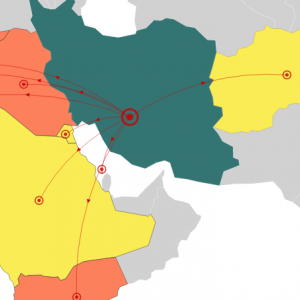
Proxy Wars & Subversion: Iran's Quest for Regional Dominance
Since its inception in 1979, the Islamic Republic of Iran has aggressively sought to “export” its Islamic Revolution and remake the Middle East under its dominion. Iran’s primary method to empower itself has been to anchor loyal proxies in the region, which it has done most successfully with Hezbollah in Lebanon, and more recently in Iraq, Syria, Yemen, and Gaza.
-
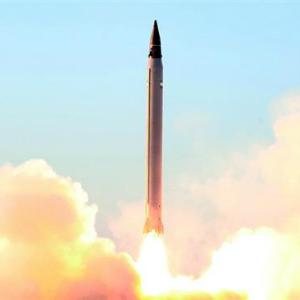
Iran’s Ballistic Missile Program: The Threat
Since the signing of the Joint Comprehensive Plan of Action (JCPOA) nuclear deal, Tehran’s ballistic missile program continues to pose a serious threat to the United States, its allies, and its strategic interests in the Middle East. Iran has test-fired nuclear-capable ballistic missiles at least nine times since July 2015 in defiance of the UN Security Council. -
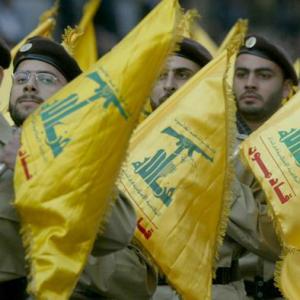
The Tip of Iran’s Spear: Hezbollah as Tehran’s International Terrorist, Criminal, and Paramilitary Enterprise
Hezbollah, the Shia political party and militant group based in Lebanon, acts as a proxy for Iranian terror and crime internationally. Through Hezbollah, Iran has furthered its terrorism against the West, criminal activities, and regional ambitions.
-

Iran's American and Western Hostages
35 years after the conclusion of the Iran Hostage Crisis, Iran continues to take Americans and other Westerners hostage. The Iranian regime is currently holding the six American citizens and residents profiled below on trumped-charges.
Iran’s rationale for taking these hostages is manifold. American hostages serve as bargaining chips for the regime and these detainees are used as an example to curb internal dissent and punish undesirable behavior. Finally, Iran does not recognize dual citizenship, so by targeting dual citizens, the regime demonstrates to the Iranian expatriate community that it is not beyond their grasp.
-
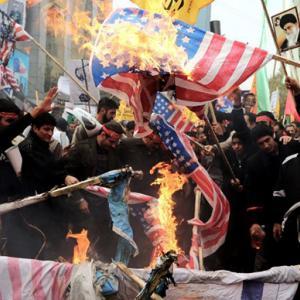
Iran's Anti-Americanism
Despite President Obama’s offer of an open hand to Iran since his 2009 inaugural address, the Iranian regime has maintained its virulent anti-Americanism as a core pillar of its ideology. Even with the start of nuclear negotiations in 2013, the situation remains largely unchanged: The regime continues to propagate its revolutionary slogan “Death to America,” and characterizes the U.S. as the “Great Satan”. -
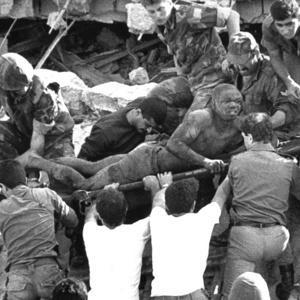
Iran: The Most Active State Sponsor of Terrorism
The U.S. government classifies the Islamic Republic of Iran as the “most active state sponsor of terrorism.” The U.S. has designated Iran as a state sponsor of terrorism since 1984. -
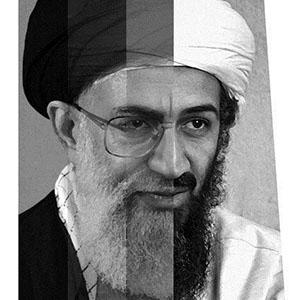
Alliance Against America Al Qaeda & Iran
Iran (Shia) and Al Qaeda (Sunni) seem like unlikely bedfellows given the Shia-Sunni divide that often exists in Islamic society. This divide, however, has not precluded cooperation in certain conditions, as the two have found "common cause in their mutual hatred of America; both can see the virtue in having more anti-U.S. violence, whatever the source. -
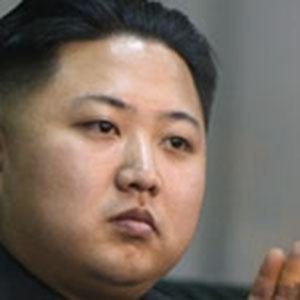
Iran & North Korea - Nuclear Proliferation Partners
Iran’s nuclear and ballistic missile program has long depended on external assistance from other states, particularly North Korea (formally known as the Democratic People’s Republic of Korea, or DPRK). The DPRK has been instrumental in the development of Iran’s ballistic missile program, with Iran-DPRK missile cooperation dating back to the 1980s. -
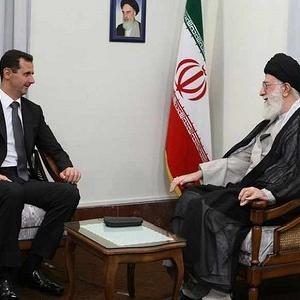
The Assad Regime: Iran's Proxy in the Syrian Civil War
The Iranian-Syrian alliance stretches back over three decades, constituting one of the most enduring alliances among authoritarian regimes in the region. Iran views the maintenance of Assad’s control in Syria as a check against Sunni power in Syria and the greater Middle East. Through the Assad regime, Iran is further able to project its influence throughout the Levant. In a testament to Assad’s utility, the Islamic Republic and its proxies have played the critical role in saving and sustaining Bashar al-Assad’s regime amidst the ongoing Syrian Civil War, which began in March 2011. Because Assad has been so instrumental in serving Iranian interests, Tehran views his downfall as an existential threat, referring to Syria as its strategically important “35th province.”
-
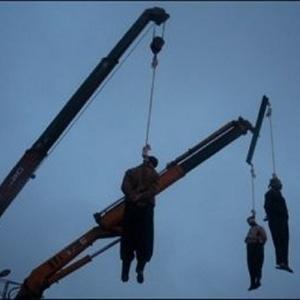
Fact Sheet: Executions in Iran
According to the UN, Iran “continues … to execute more individuals per capita than any other country in the world” and executions “have been rising at an exponential rate since 2005.” Not only did Iran commit a “shocking” total of 753 executions in 2014, but potentially carried out more than 1,000 executions in 2015, an average of about 3 executions a day. UANI has assembled the following facts and figures about Iran’s use and abuse of capital punishment. -
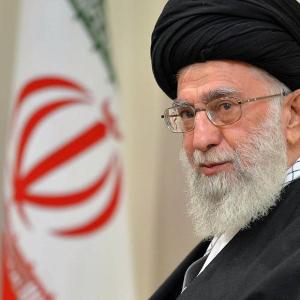
Ayatollah Khamenei: In His Own Words
Under the Islamic Republic of Iran’s velayat-e faqih (guardianship of the jurist) system of government, the Supreme Leader, Ayatollah Ali Khamenei, is the most powerful political official in Iran. His powers include "constitutional authority over the judiciary, the regular armed forces and the elite Revolutionary Guards, and the state-controlled media." Given the power vested in Ayatollah Khamenei's position, understanding his political and ideological views—"In His Own Words"— is crucial to understanding the Iranian regime’s current domestic and foreign policies. -
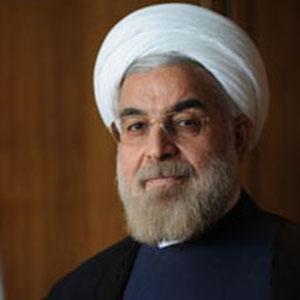
Hassan Rouhani's Record in Office
The presidency of Hassan Rouhani is being carefully analyzed for signs that the Iranian regime is moderating. Optimism in some circles has been encouraged by a change in tone from his administration. However, while the newly reelected president speaks the language of conciliation, real power is still vested in the supreme leader, who remains committed to the revolutionary, hegemonic ambitions of the Islamic Republic.
-
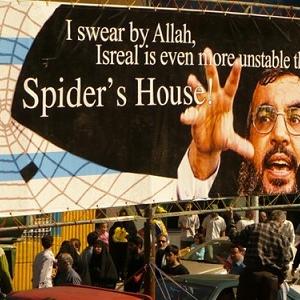
Quds Day
Quds Day (“Jerusalem Day”), held on the last Friday of Ramadan, is an annual day of protest organized by the Iranian government against Israel. While nominally about Jerusalem, the Quds Day rally serves as a forum for regime figures to call for hostilities against Israel and the liberation of Palestine, envisaging the inevitable elimination of the “Zionist regime.” “Death to Israel” is a common chant at the rallies, often accompanied by “Death to America. The rhetoric often slides into overt anti-Semitism including characterizations of Zionism as a cosmic evil and statements denying the Holocaust.
-
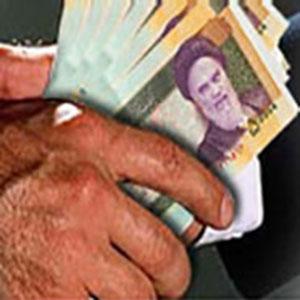
Corruption & Management Index
While many Iranians are languishing under a mismanaged and floundering economy, the Iranian regime has attempted to shift the blame for its citizens’ distress to sanctions implemented by the international community, and further demonize the West in the eyes of its population. The reality, however, is that economy of Iran has long been plagued by the regime’s endemic corruption, economic mismanagement and reckless foreign policy. -
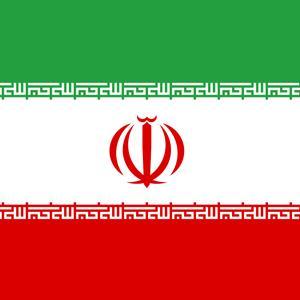
Iran's Treaty Violations
Any assessment of whether Iran should be trusted to abide by its commitments under the terms of a final nuclear agreement between the P5+1 and Iran must be informed by the regime’s previous behavior. UANI has therefore compiled a comprehensive resource of Iran’s violations of its treaty obligations and multilateral agreements including disarmament and weapons destruction, human rights and governance. -
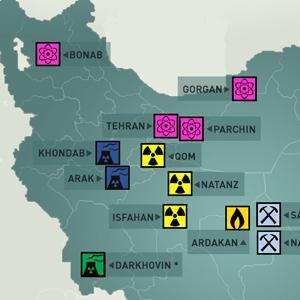
Iran's Nuclear Sites
In 2002, it was revealed to the world that Iran was constructing covert nuclear sites at Natanz and Arak. The secretive nature of Iran’s nuclear development and Iran’s unwillingness to reveal the full scope of its program has since been one of the world’s most critical security issues, with fears centering on the overwhelming likelihood of Iran’s pursuit of nuclear weapons. -
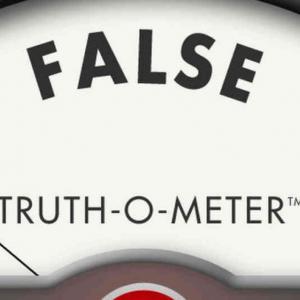
Sanctions: Fact or Fiction
According to Saeed Laylaz, an economist and informal advisor to President Rouhani, “less than 10 per cent of our economic difficulties are due to sanctions” as “the first signs of economic crisis appeared in 2007, five years before the sanctions.” Iran’s recession “started in the summer of 2011, exactly one year before the sanctions hit.” -
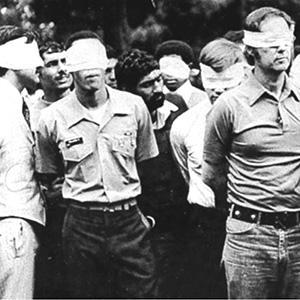
History of Human Rights Abuses by the Islamic Republic of Iran
Since the 1979 Islamic Revolution, the Iranian regime has imposed a rigid, fundamentalist form of Islamic law on its people and solidified its hold on power by denying Iranians their basic rights and individual liberties. -
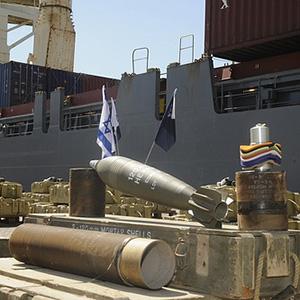
Iran's Exploitation of the Shipping Industry
Iran is increasingly attempting to circumvent sanctions, resulting in several instances of international shipping companies transporting illegal weaponry to Iran. -
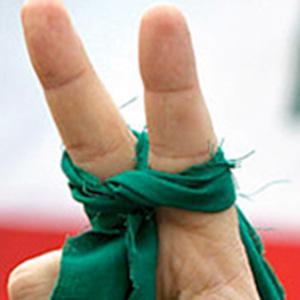
Iran's War on Workers
In Iran, workers are central victims of the Iranian regime’s dismal human rights record. According to Amnesty International, “independent unions in Iran are banned, workers have few legal rights or protections, and union activists are regularly beaten, arrested, jailed and tortured.” Iran’s Labor Code does not grant citizens the right to form independent unions, despite Iran’s ratification of the UN’s International Convention on Civil and Political Rights and membership in the International Labor Organization. -
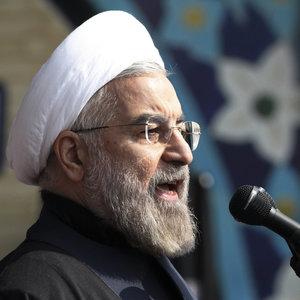
WAVE: World Against Violence & Extremism
At the September 2013 UN General Assembly, Iranian President Hassan Rouhani proposed that the General Assembly take steps against “violence and extremism” by creating a UN initiative entitled “WAVE: World Against Violence and Extremism.” In December 2013, the UN adopted the Iranian-authored “World Against Violent Extremism” Act. Given the Iranian regime’s long-time sponsorship of terrorism worldwide, egregious human rights record and extremism, the ideals espoused under WAVE in no way comport with the record of Rouhani's government. Rather, WAVE is a rhetorical ploy to mask the Iranian regime's long-established record of violence and extremism and is an affront to the UN and its principles.
Receive Iran News in Your Inbox.
Eye on Iran is a news summary from United Against Nuclear Iran (UANI), a section 501(c)(3) organization. Eye on Iran is available to subscribers on a daily basis or weekly basis.
Receive Iran News in Your Inbox
The Iran nuclear deal is done. And the world's biggest companies have already visited Tehran ready to strike a deal when sanctions end. These businesses will add even more to Iran's bottom line. And that means continued development of nuclear technologies and more cash for Hamas and Hezbollah.